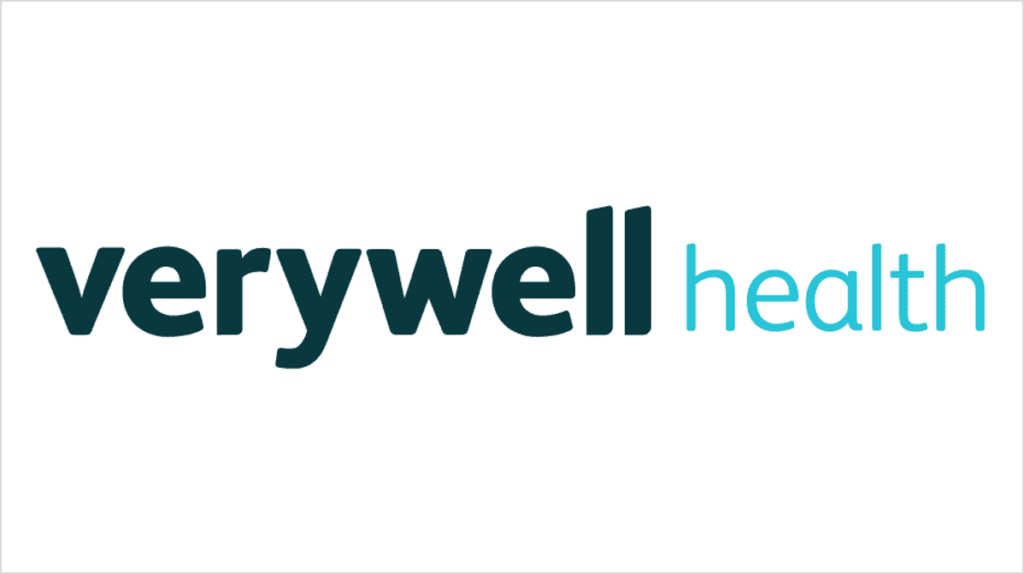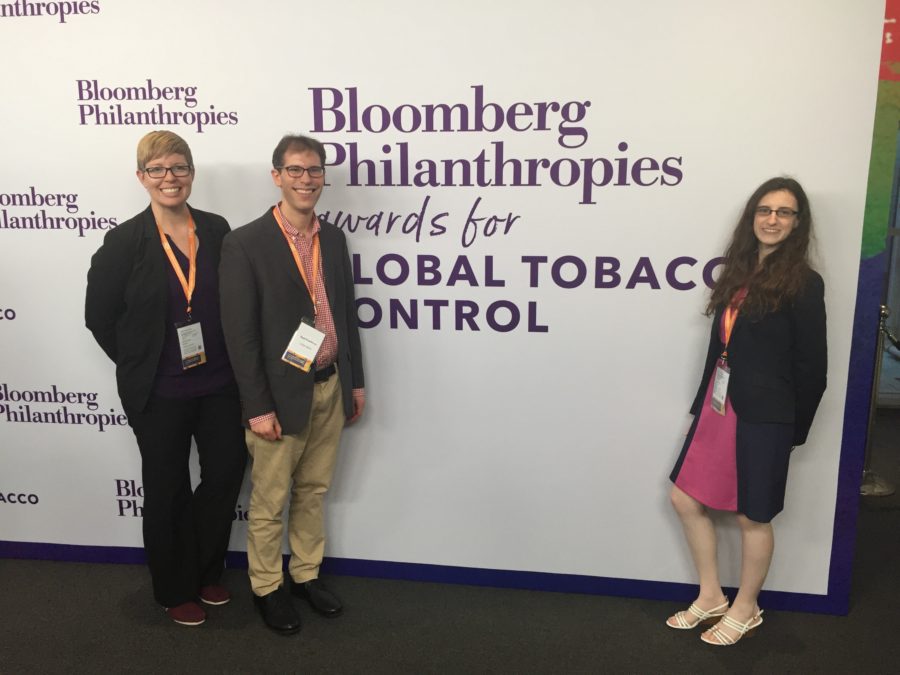Dr. Bizzell Speaks About the First FDA-Approved Treatment for Ebola
Dr. Anton C. Bizzell shares his insights in the Verywell Health article, “Regeneron Earns First-Ever FDA Approval For Ebola Treatment,” about the U.S. Food and Drug Administration (FDA) approval of Inmazeb, an antibody cocktail designed to treat the Ebola virus. A mixture of three monoclonal antibodies administered via injection is the first FDA-approved treatment for the virus. The drug is manufactured by Regeneron, the same company behind the antibody cocktail aimed at treating COVID-19. The Bizzell Group (Bizzell) has been on the ground fighting the Ebola virus in the Democratic Republic of Congo. “The approval of Inmazeb is not only a big deal, it is the approach to prevent a future Ebola pandemic worldwide,” Dr. Bizzell tells Verywell.
READ MORE: Regeneron Earns First-Ever FDA Approval For Ebola Treatment



